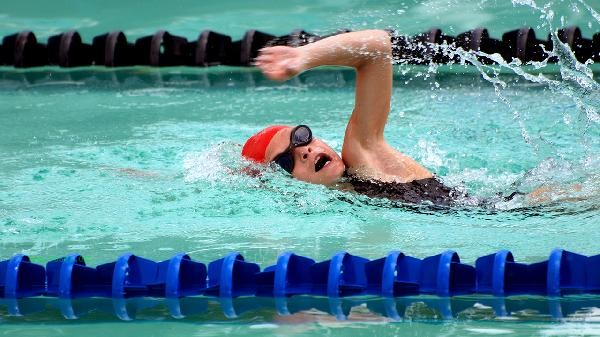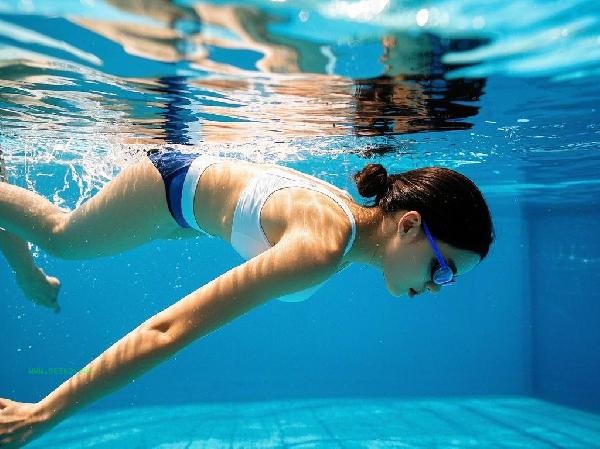Swimming immediately after meals may affect digestive function. It is recommended to swim 1-2 hours after meals; Swimming on an empty stomach may lead to low blood sugar, and a small amount of easily digestible food can be consumed 30 minutes before swimming. The selection order should be comprehensively judged based on exercise intensity, personal physique, and digestive ability. The arrangement of eating before swimming and exercising after meals should consider the balance of energy supply and digestive system. One hour before high-intensity swimming training, low glycemic index foods such as bananas and whole wheat bread can be supplemented to avoid insufficient energy during training. Moderate to low-intensity swimming can be done one hour after a meal, but it is necessary to control the amount of food consumed to prevent stomach discomfort. When swimming with the goal of reducing fat, fasting morning swimming can improve fat metabolism efficiency, but attention should be paid to supplementing electrolytes to prevent dehydration. People with weak gastrointestinal function should extend their postprandial rest time to avoid reflux or spasms during swimming.

Drinking water immediately after meals may reduce gastrointestinal blood supply due to blood concentration in muscles, leading to the risk of indigestion or gastric prolapse. Supplementing protein and carbohydrates within 30 minutes after swimming can help with muscle repair. You can choose easily absorbable foods such as yogurt and eggs. Diabetes patients should pay special attention to blood glucose monitoring before and after swimming to prevent hypoglycemia. Elderly and children should adjust the interval between eating and swimming according to their individual tolerance.

Diet before and after swimming should follow individualized principles, choose low-fat and low fiber foods before exercise to avoid bloating, and supplement nutrition in a timely manner after exercise. Long term regular swimmers are recommended to establish a diet log to record the impact of different eating times on exercise performance. If you experience dizziness, nausea, or other discomfort while swimming, stop immediately and seek medical examination if necessary. Maintaining a scientific balance between exercise and diet is essential for achieving optimal exercise results.








Comments (0)
Leave a Comment
No comments yet
Be the first to share your thoughts!